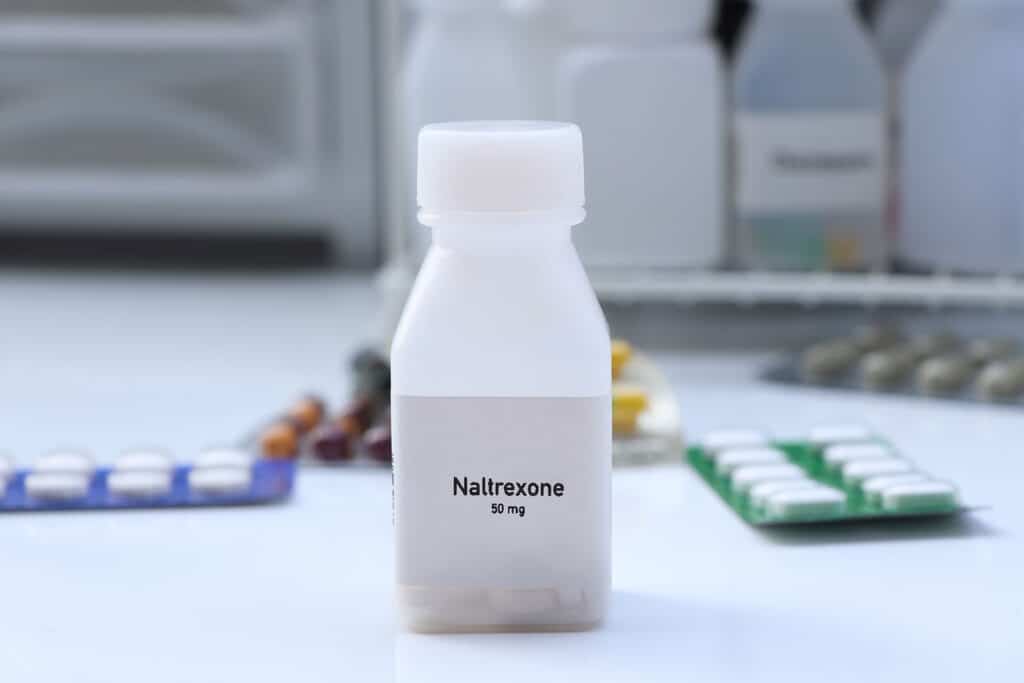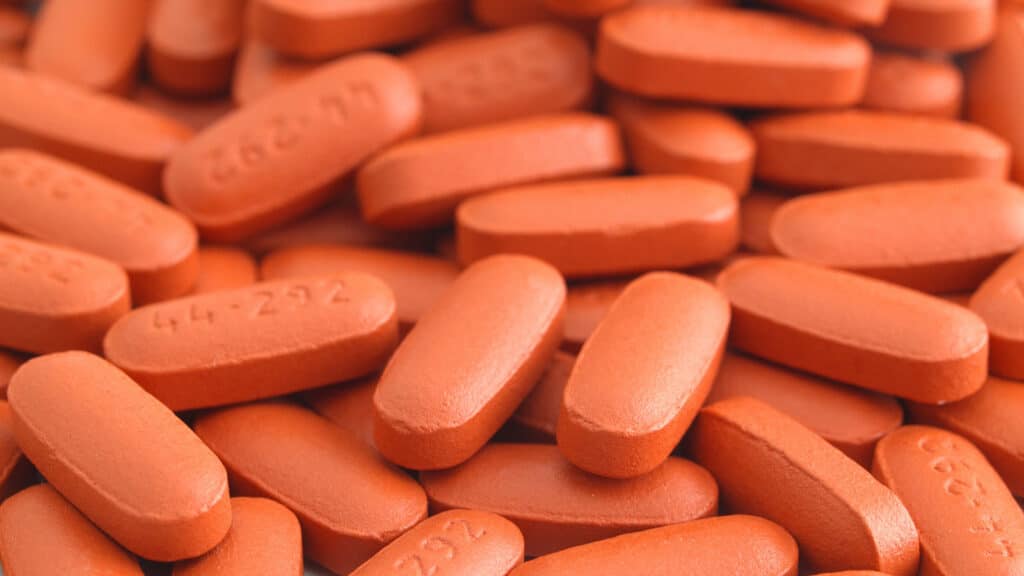Reaching 90 days of sobriety is a big deal. At that point, you’d have made it through some of the toughest days of your recovery journey, and that’s something to celebrate.
Those first three months aren’t just about putting distance between you and your last drink. They’re more about rebuilding your life from the ground up.
Your physical health is improving, your mental health is getting stronger, and you’re discovering who you are without substance use. This milestone truly marks the beginning of lasting recovery.
Why the First 90 Days Matter So Much
You probably hear many treatment centers say that the first 90 days of your recovery process are absolutely critical. While it sounds like they’re trying to motivate you, there’s actually a real science behind why these early months are so important.
30 Days In
At 30 days, your body is still working hard to heal from substance abuse. You might notice your energy levels starting to stabilize, but you’re probably still dealing with some withdrawal symptoms.
Your brain is beginning to adjust to functioning without alcohol or drugs, which can feel overwhelming some days. This is when having a strong support system becomes essential.
Many people find that joining support groups like Alcoholics Anonymous or connecting with an outpatient program helps them navigate these early challenges.
Remember: Your loved ones might notice small changes in you, even if you don’t see them yet.
60 Days In
By day 60, something shifts. Your physical health improvements become more noticeable: you’re sleeping better, your skin looks healthier, and you have more consistent energy throughout the day.
This is often when people suffering from alcohol addiction start feeling genuinely hopeful about their recovery journey. You might also find yourself thinking more clearly about your goals and what you want your alcohol-free life to look like.
However, this is also when some people experience a false sense of security. Don’t let your guard down, though. Your brain is still healing.
90 Days In
Reaching 90 days sober is when many addiction treatment professionals consider you to have established a solid foundation. Your withdrawal symptoms have largely subsided, and you’ve developed new habits that support your well-being.
The one day at a time approach that got you this far has become second nature. Your mental health has likely improved significantly, and family members probably notice you’re more present and engaged.
Finally, neurological healing happens. Your brain has had enough time to start rewiring itself away from the patterns of substance use disorder.
Benefits of Staying 90 Days Sober

1. Physical Health Transformations
Your body has been working overtime to heal during these 90 days of sobriety, and the results speak for themselves.
Your energy levels are more consistent throughout the day. No more crashes or needing substances just to feel normal. Many people also notice their skin looks clearer and healthier, their eyes are brighter, and they’re sleeping more soundly than they have in years.
If you were drinking alcohol regularly, your liver has had precious time to begin repairing itself. Your cardiovascular system is functioning better, too, which means better circulation and overall physical wellness.
Even your immune system is stronger now, which makes you less susceptible to getting sick.
2. Mental Clarity and Emotional Stability
The mental health benefits of 90 days sober are often the most surprising to people in early recovery. That constant brain fog? It’s finally lifting. You can think more clearly, make better decisions, and actually remember conversations from start to finish.
Your emotions, while sometimes intense, are genuine now, not chemically altered anymore. Many people find that they can handle stress more effectively because they’re developing genuine coping skills rather than numbing out.
Finally, anxiety and depression symptoms often improve significantly, though it’s important to continue working with health care professionals if you were dealing with these issues before your recovery journey began.
3. Improved Relationships and Self-Worth
Your relationships with family members and friends are probably stronger now than they’ve been in a long time. When you’re present – really present – people notice.
Trust starts rebuilding. You’re showing up for the people you care about, and they’re seeing the real you again.
Perhaps most importantly, your relationship with yourself is improving. You’re keeping promises to yourself, building self-respect, and discovering interests and new hobbies that don’t revolve around substance use.
The Challenges of 90 Days of Sobriety: Tips and Tricks

1. Managing Cravings and Triggers
Even at 90 days sober, cravings can still hit you out of nowhere. The good news? They’re usually shorter and less intense than they were in early recovery.
Note: When a craving strikes, try the “urge surfing” technique. Do this by acknowledging the feeling without fighting it, and ride it out like a wave. It will pass.
Make sure to identify your specific triggers, too. Maybe it’s certain people, places, or even times of day. Either way, create a plan for each trigger.
For instance, if Friday evenings were your heavy drinking time, schedule something meaningful for those hours. Call a family member, hit the gym, or dive into one of your new hobbies.
Remember: Cravings are temporary. Your recovery is permanent if you protect it.
2. Dealing with Social Pressure and FOMO
We understand that social situations can feel tricky when you’re alcohol-free. You might worry about what to say when people ask why you’re not drinking, or feel left out when friends are partying.
Here’s the truth: Real friends will support your sobriety. Practice simple responses like “I’m not drinking tonight” or “I’m focusing on my health.” You don’t owe anyone a detailed explanation about your substance use disorder.
Why not host alcohol-free gatherings or find new social activities that don’t revolve around drinking alcohol? Maybe join a recreational sports league, take a cooking class, or explore local hiking groups. The world is now your oyster!
3. Avoiding Complacency
At 90 days, some people think they’ve “graduated” from needing support. This thinking is dangerous. Your recovery journey is ongoing, not a destination you reach and then forget about.
You have to keep attending your support groups, maintain your connection with your treatment center, and don’t skip therapy sessions. Continue practicing the self-care routines that got you here as well.
Keep it up. Recovery requires ongoing attention, just like physical fitness; you can’t work out for three months and expect to stay fit forever.

Leaning on Your Support System After Being 90 Days Sober
Don’t forget that your support system likely helped you in getting to this 90-day milestone.
That said, your relationship with support needs to evolve as you grow in recovery. You’re not the same person who walked into detox or started outpatient treatment three months ago.
You’re stronger, more self-aware, and have developed better coping skills. But that doesn’t mean you need less support—you need different support.
Why Aftercare Matters
Your treatment programs may have ended, but aftercare is where the real work continues. Stay connected with evidence-based treatment options (whether you’re in an intensive outpatient program or transitioning to regular therapy sessions).
Many people find that continuing with AA or other support groups provides ongoing accountability and connection with others who understand the recovery process.
Don’t forget about your loved ones who’ve been on this journey with you. Your family members have watched you struggle and succeed, and they need to process their own experiences, too.
So, consider family therapy or support groups for families affected by addiction. Your relationships are healing, sure, but they need ongoing attention and care.
Should You Consider Sober Living?
Absolutely. If you’re in sober living, lean into that community. The people around you understand exactly what you’re going through.
Share your challenges openly, celebrate your wins together, and remember that asking for help is a sign of strength, not weakness. Your wellness depends on maintaining these connections, even when – especially when – you’re feeling strong and confident in your sobriety.
In the end, building a diverse support network gives you options when different challenges arise.
Some days you might need to talk to your sponsor, other days you might need your family, and sometimes you just need to listen to a recovery podcast or attend a meeting.

What’s Next Beyond 90 Days of Sobriety
The next months for sobriety will bring new challenges and even greater rewards. Focus on building lasting habits that support your well-being. Maybe it’s exploring new hobbies, deepening your spiritual practice, or pursuing goals you put on hold during your addiction.
Consider your treatment options for ongoing support. For example, some people benefit from continued therapy, while others find strength in regular support group attendance.
Wrapping Up
Celebrating 90 days sober is celebrating you choosing life, health, and hope every single day for three months straight. That’s incredible!
The challenges you’ll face during those months will make you stronger, and the benefits you’ll experience will just be the beginning.
Remember that you won’t be walking your recovery journey alone. Keep leaning on your support system, stay connected to your treatment center resources, and trust that you’ll be able to do this difficult thing.











